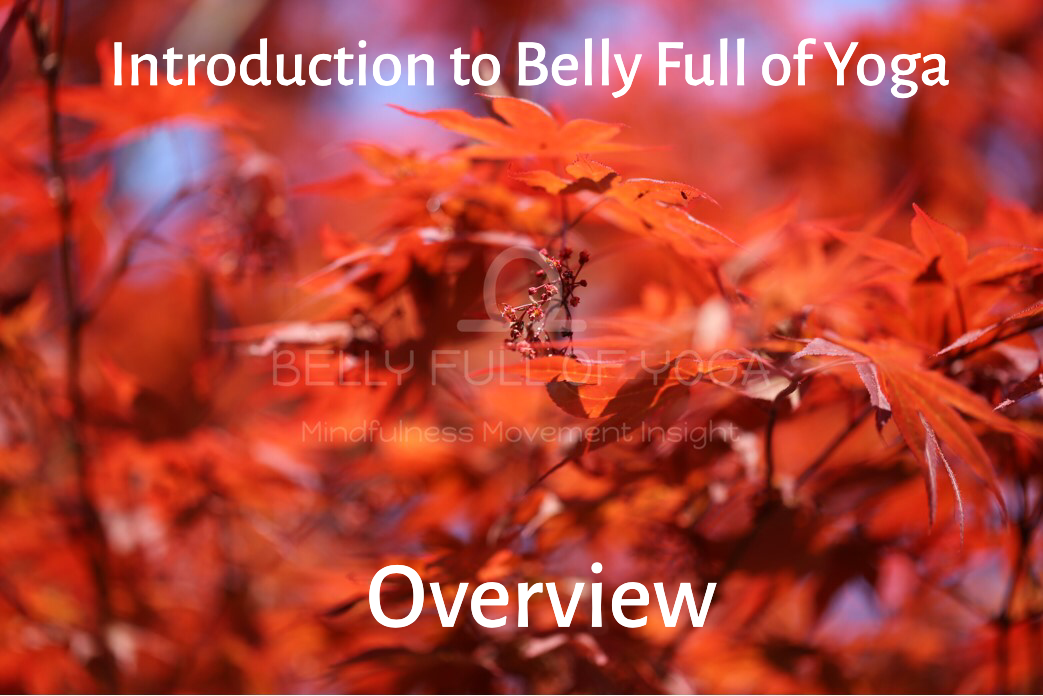Mind is more than intellect; it also includes sensations, emotions, subjectivity, desires, aspirations, attitudes, concepts, perceptions and so on.
“Mind is consciousness, the sum total of our human experience.”
However having a conscious mind also has its downsides; it enables us to linger over past experiences and fret the future. It leads to the stream of consciousness, or that voice in your head, that follows each thought wave and acts like an inner critic. It’s not necessarily bad to think about past experiences or be excited about the future, the problem arises when we start living from this place and no longer live in the present moment. We are either wanting to hold on to those things we (used to) have; be it people, situations or things, or long for things in the future (become rich, successful, find love) and only when those things/people/conditions are met, will we be happy.
The eastern philosophies knew thousands of years ago that the root of human suffering was this wanting or craving; but holding on to things or wanting things in the future means we are never happy with what is now. So being able to let go of ‘wanting things to be different or to stay the same’ is the key to happiness.
Meditation
When we focus our attention on physical sensations, the breath, on what we feel, rather than get lost in thoughts, we notice that the active chatter in the mind subsides. It takes practice and we might notice that it takes a lot of effort to keep the focus on the things we feel, we will most likely automatically be drawn back into a wave of thoughts. It is natural, and the fact that you realise you are thinking is already a big step; awareness of the fact that you are thinking is the first step into gently nudging your concentration back on the sensations you are feeling. When you realise you are thinking, think to yourself ‘thinking, thinking’ and then gently bring your attention back to the sensations you are feeling. Over and over again. With practice you might notice that the gaps between the thinking moments are increasing and this creates a sense of spaciousness in your mind. By paying non-judgemental attention to one or more aspects of our moment to moment physical experience we are practicing meditation
Lojong
In the Tibetan Buddhist tradition a system of mind-training was developed which consists of 59 slogans as a way to create “the heart and mind of enlightened compassion” (bodhichitta). They are a way for us to deal with the difficulties we face in life, rather than avoid them. It’s a practical guide based on the concept that our conditioned state is constantly judging, comparing and fixing and that this brings unhappiness.
They are short slogans for us to contemplate and meditate on. Profound statements that make you pause, realise life is precious and not to fear your immortality; it is a training in empathy and compassion and to transform difficult situations into periods of learning and growth.




























